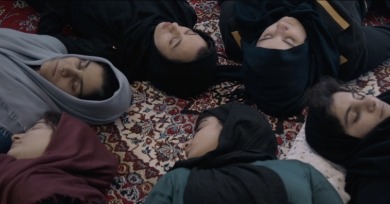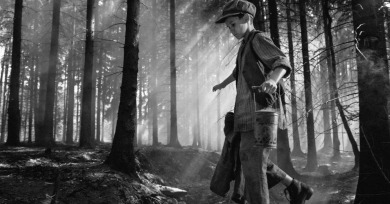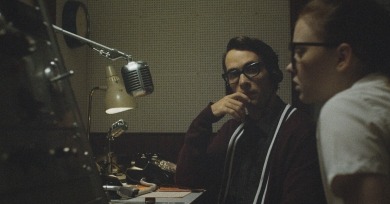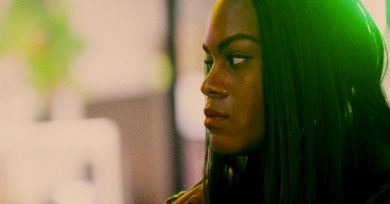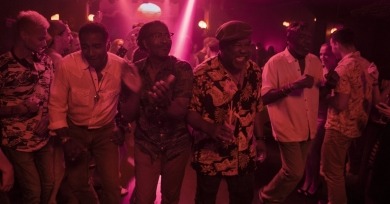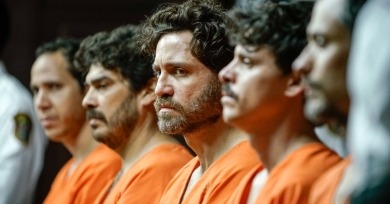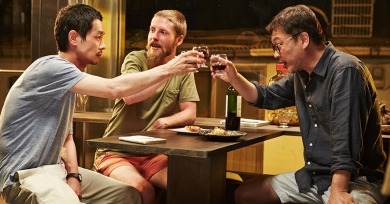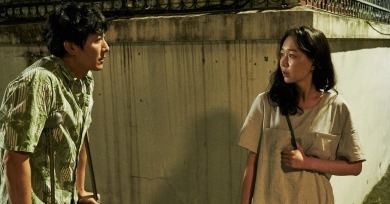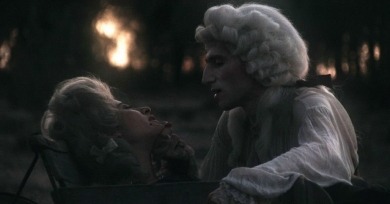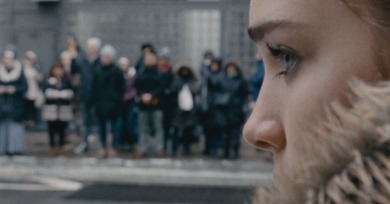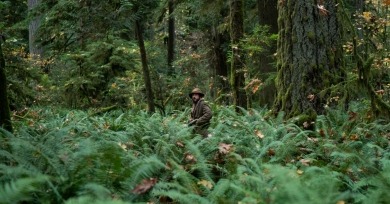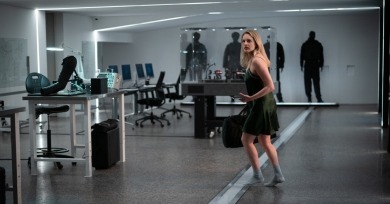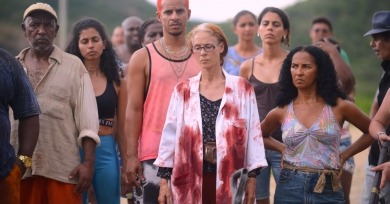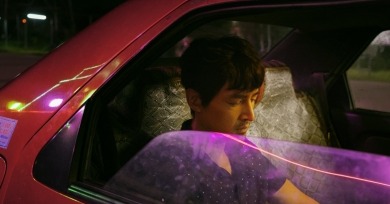Reviews
The corrections center actually functions as a reprieve for many of these women, who went from abusive childhoods straight into abusive marriages when they were as young as 12. The fact that a male filmmaker is let into this world shows their trust of him.
By respecting its audience, the film creates space to contemplate aesthetics and representation and indicates that depicting cruelty beautifully need not mean making cruelty beautiful.
The Vast of Night is a riff by debut filmmaker Andrew Patterson on black and white nostalgia, featuring quippy fast-paced conversations and a fondness for the hand-built and the hand-cranked.
There is a difference between making a film of sociopolitical and cultural value and making a film about important sociopolitical and cultural matters. In some cases the latter may beget the former, but it is not a given.
Lee has never been any more obsessed with race than the country he has vigorously documented over the course of his multi-decade career. The ideas he explores and the stories he tells about the myriad of black experiences seem excessive only in a canon that all but ignores them.
The distracting, uniform beauty of the ensemble lends Assayas’s film an almost classical glamour that threatens to redirect our focus away from narrative events and the infrequent feint at political insight.
His movies are about fraught relationships and breakdowns in communication, but without any histrionics; they often fracture time and chronology, but not in a cloying or self-consciously experimental way. They are so emotionally transparent that they run the risk of being mistaken for simple-minded.
Yourself and Yours, from Hong Sang-soo, is like a hall of mirrors, where likenesses are cast in multiple and often dissembling ways.
Lest his film be charged with trafficking in the same philistine stuff as pornography, Serra rarely, if ever, allows his erotica to be, well, erotic. Not as well versed in the art of the exaggerated orgasm as adult-film actors, his nonprofessionals are awkward and imprecise.
The crux of the story for Autumn is not her awakening to a varied feast of resources, but her ability to take control of her own self, an internalized conflict that only intensifies as she moves through Planned Parenthood.
Reichardt’s hushed visual approach animates the movie into something more contemplative than its sweet, humorous screenplay might indicate. In her films, characters tend to look at things and think. A diegetic bird squaw might fill the silence, or a plucky banjo. In those moments, the object gazed upon becomes imbued with meaning.
While the horror of The Invisible Man lies in its frank, violent metaphor for all kinds of abuse, the scenes that present the unrelenting, compulsive ways that men, even so-called nice guys, protect other men are more subtly chilling.
Bacurau utilizes its aesthetics to paint a sensuous, earthy picture of a self-sustaining mixed community that rejects capitalistic tendencies in favor of collectivism. History is prized over revitalization.
Rather than servicing the melodrama of the film, as in Black Coal’s mood-washed frames of neon red and icy blue, Diao’s flamboyant visual style here works sardonically—accentuating evil in a strange, unfamiliar way.
